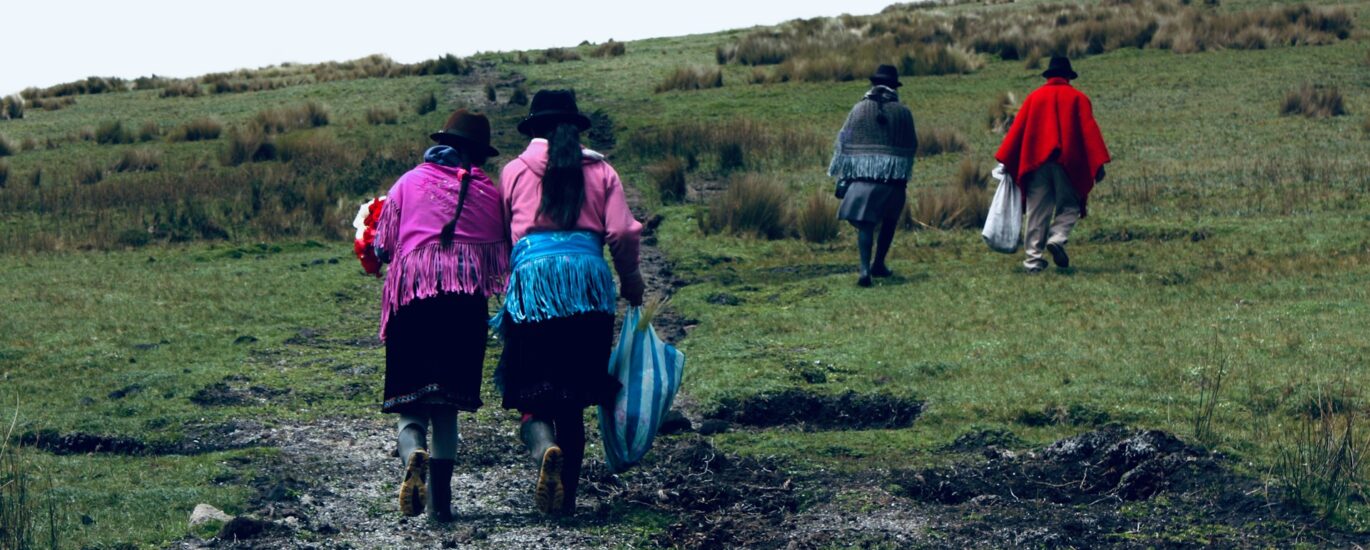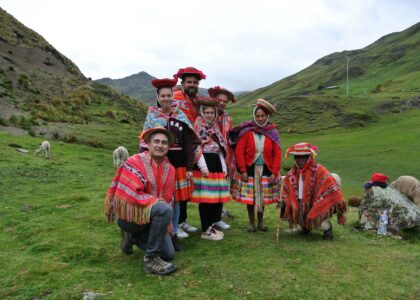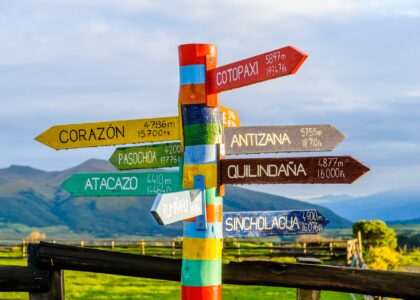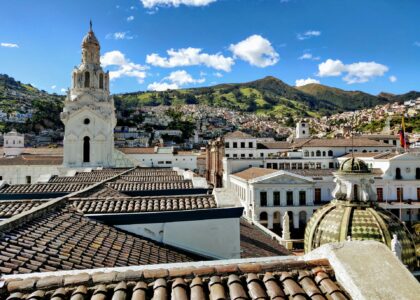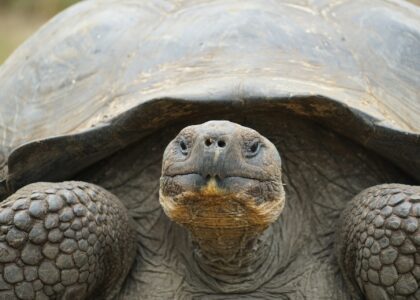The indigenous people of Ecuador represent some of the oldest, most culturally rich communities in South America. With over 1.1 million Indigenous individuals belonging to 14 recognized nationalities, these communities are the heart of Ecuador’s cultural identity. Yet, despite centuries of resilience, they continue to face social, political, and environmental challenges in the modern era.
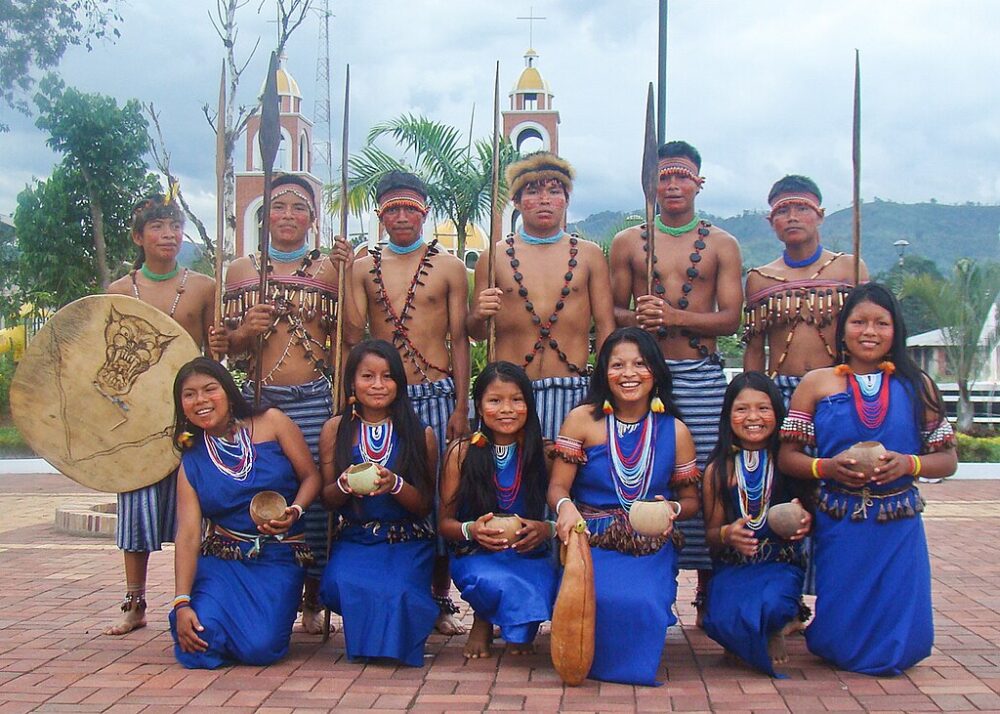
A Diverse Population Across Land and Region
Today, Ecuador’s population totals around 17.5 million, and approximately 6% are Indigenous. These communities are spread across the Andes, the Amazon, the coast, and even the Galapagos Islands. Many belong to indigenous groups in Ecuador such as the Shuar, Kichwa, Waorani, and smaller groups like the A’i Cofán and Sapara.
- The Andean Kichwa form the largest group, with most living in the Central-Northern Sierra.
- The Shuar, with more than 100,000 people, are concentrated in the southeastern Amazon.
- Vulnerable nationalities like the Siekopai, Siona, Épera, and Manta have populations under 1,000 and are at risk of cultural extinction.
To explore these communities firsthand, our Educational Expedition through Ecuador includes immersive visits where students can engage directly with local traditions, languages, and daily life.
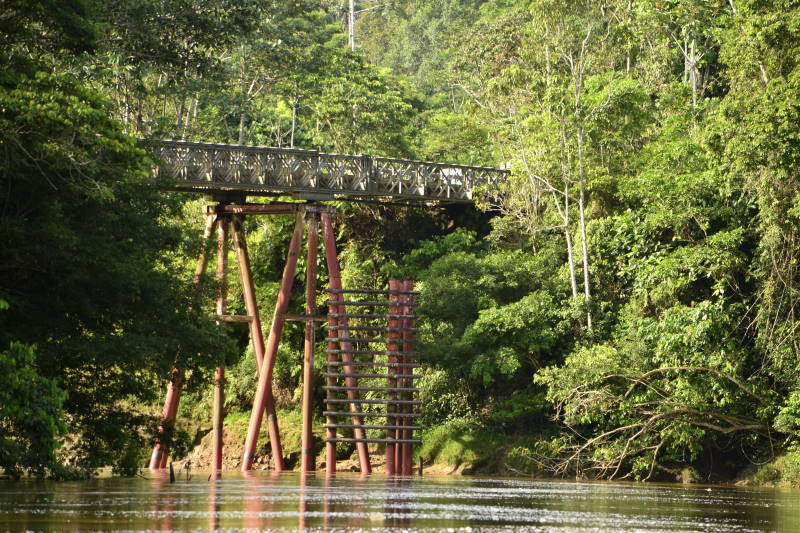
Challenges Facing Indigenous Communities
While Ecuador ratified international agreements like the UN Declaration on the Rights of Indigenous Peoples and ILO Convention 169, many communities still lack protection over their civil, territorial, and cultural rights. Pressures from extractive industries continue to threaten sacred lands, particularly in regions like the Waorani Reserve and Yasuní National Park.
Recent years have brought additional hardships. The COVID-19 pandemic, political unrest, and environmental disasters like oil spills have all deeply affected Indigenous livelihoods. For groups already in fragile conditions, these events have compounded existing inequalities.
If you’re interested in the ongoing relationship between Ecuador’s environment and its Indigenous peoples, check out our student travel blog highlighting ethical travel and environmental education.
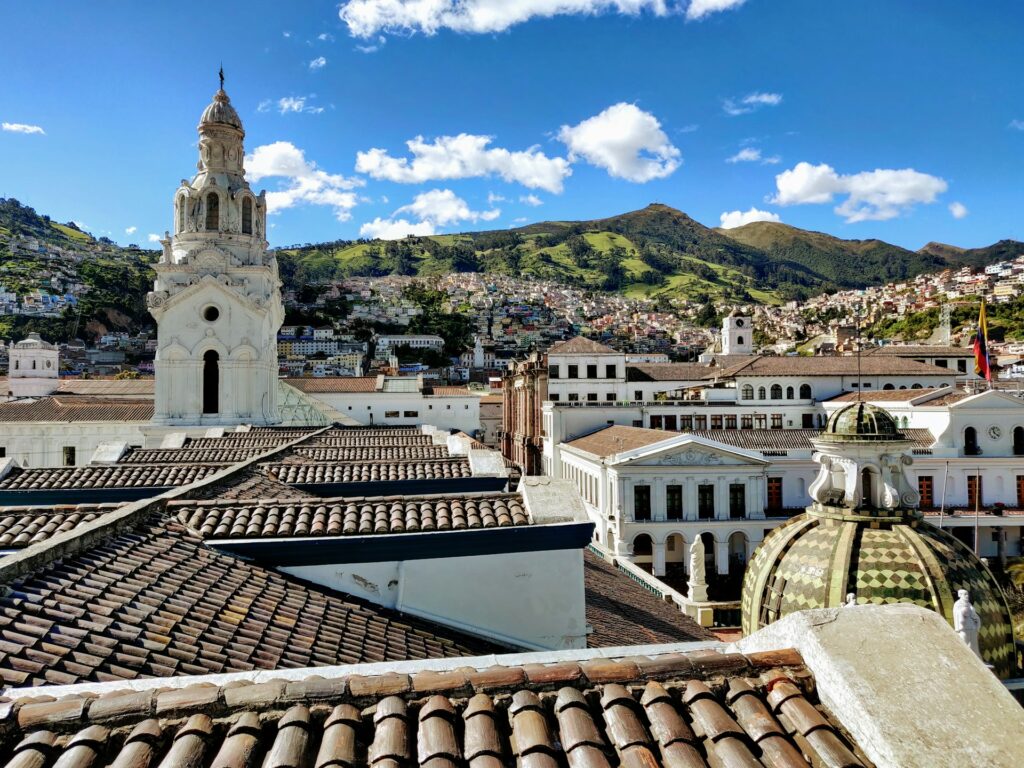
A Rich Legacy in Ecuadorian History
The Ecuador history taught in classrooms often begins with colonization, but Indigenous cultures have existed here for thousands of years. These groups have preserved languages, customs, art, and oral histories that reflect their resilience and worldview. Today, their legacy is seen in Ecuador’s festivals, foods, and even its political movements.
Educational travel offers students the unique chance to witness this history through real-life experiences, visiting traditional markets, engaging in cultural exchanges, and learning directly from community members.
Engaged Education - Transformative Educational Travel Experiences
The indigenous people of Ecuador are not just part of the country’s past—they are shaping its future. Through culturally sensitive travel experiences, students can learn about both the richness and the challenges of Indigenous life today.
Want to create meaningful travel experiences rooted in history, culture, and respect?
Download the Brochure to explore our student programs in Ecuador and beyond.


